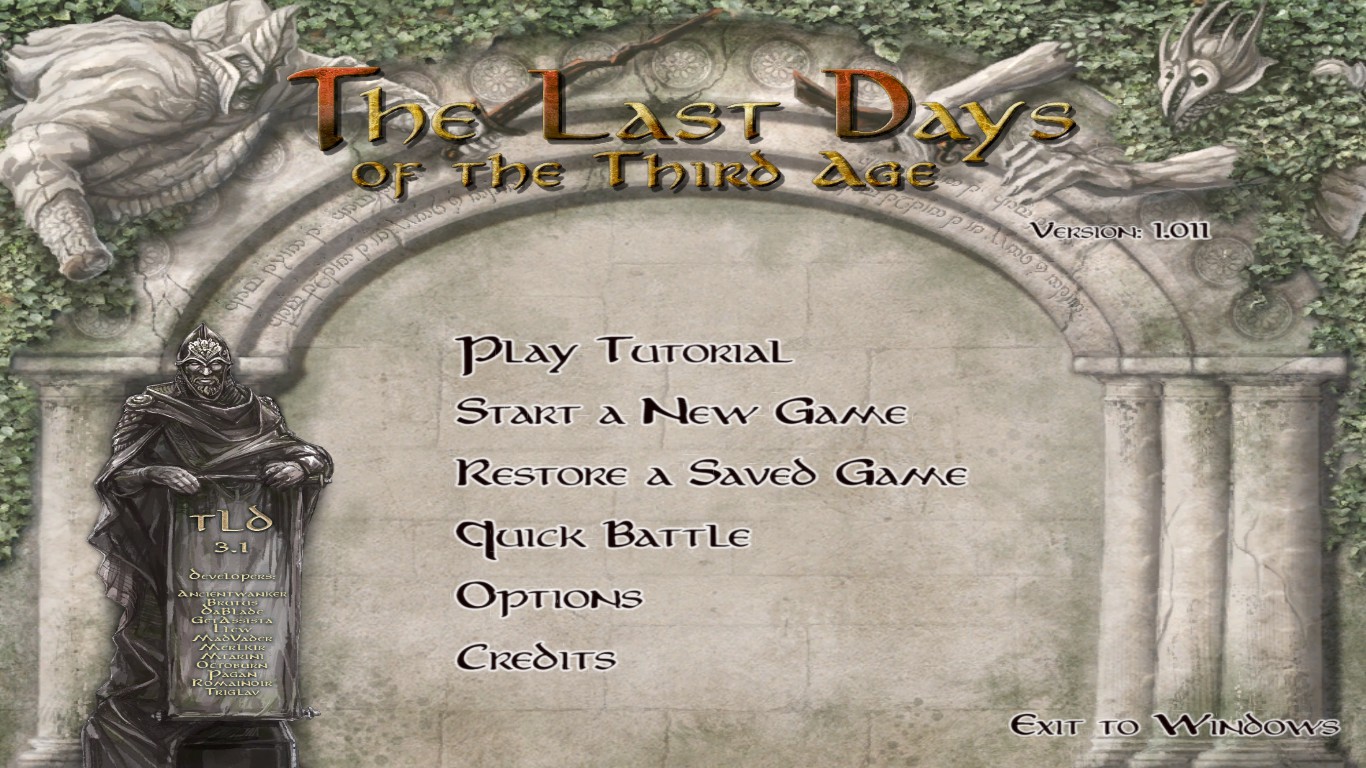

His father, who was Jewish, died as a German soldier in World War I, just before Boschwitz was born. (Things are different in philosophy: that Heidegger became a member of the Nazi Party does-indeed, should-complicate our reading of his work.) In the case of Boschwitz, however, it is hard to keep his novel separate from his biography.

The circumstances surrounding a novel’s creation may help illuminate it but should not eclipse it. There is no artifice to the writing: Boschwitz completed the novel in less than a month that same year, effectively fictionalizing events almost as they were happening, even though he had left Germany three years before. Otto Silbermann, a wealthy Jewish Berliner, is locked in the abyss of the days immediately following Kristallnacht in November 1938, when the Nazis broke into Jewish-owned homes, vandalized Jewish businesses, torched synagogues, beat Jews on the street, and shipped off 30,000 Jewish men to concentration camps. The Passenger, a novel by Ulrich Alexander Boschwitz, is stunning in the way it dwells-another Heideggerian term-on the life of one man just before World War II. Quoting extensively from journals marking uneventful days, he found significance in often-overlooked details, such as a waiting room with “chairs that looked as if assembled hastily from other rooms to seat unexpected guests.” Shunning a historiographical approach that sees the Weimar period as little more than a precursor to Hitler, Neumann regarded it-to borrow his terminology, which he borrowed from Heidegger-on its own “time.” He lingered with ordinary Germans-working, eating, falling in love, growing bored-in their own present moments. The book assumed the perspective of someone who, like his subjects, was unaware of what was to come, namely the rise of Nazism. Drawing on primary sources, Neumann-who died of cancer at the age of forty-three a year after the book’s release-provided an intimate portrait of Germans from the turn of the twentieth century through the end of the Weimar Republic. In his book Lihiyot Ba’olam (Being-in-the-World, 2014), the Israeli historian Boaz Neumann took on an intellectual challenge.


 0 kommentar(er)
0 kommentar(er)
